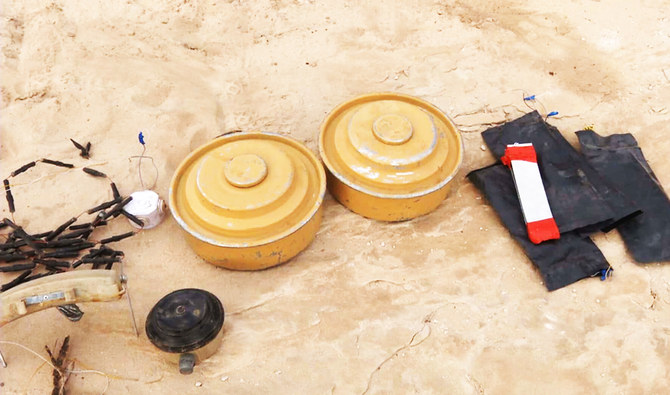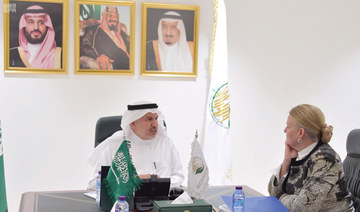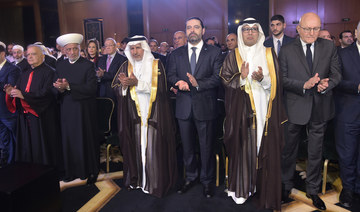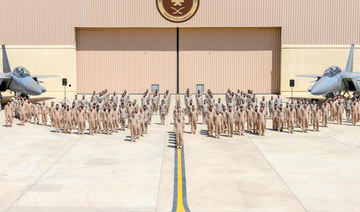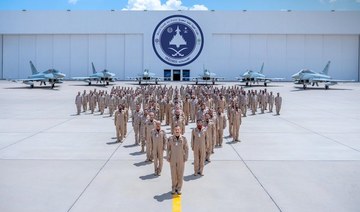RIYADH: The King Salman Humanitarian Aid and Relief Center (KSRelief) has stepped up a number of initiatives in Yemen and Sudan ahead of the holy month of Ramadan, removing mines and providing aid packages to displaced and impoverished families.
MASAM, KSRelief’s mine removal project in Yemen, successfully cleared 24 anti-personnel mines, 1,018 anti-tank mines, 197 improvised explosive devices and an additional 1,082 pieces of unexploded ordinance during the fourth week of April. Since its launch, the project has removed 63,719 mines and spare munitions planted by Iranian-backed Houthi militias.
Meanwhile, during the same period, over 1,500 food baskets were also distributed in the towns of Heran and Abbs in the province of Hijja, benefiting 9,096 people. The center also released statistics on its medical campaigns in Yemen for the first quarter of 2019. In the port city of Hodeidah, more than 1,000 cholera cases were reported to KSRelief clinics by the beginning of April.
KSRelief has implemented 330 projects worth $1.99 billion in Yemen in partnership with 80 UN agencies and international and local NGOs. These included the MASAM mine clearance project, a project for rehabilitating thousands of children recruited by Houthi militias, and the establishment of artificial limb centers in Marib and Aden.
Helping Sudan
The center has announced that aid worth $549,000, comprising 13,725 food baskets, would be distributed across five Sudanese states to over 68,000 people, at a ceremony in Khartoum. The event was attended by the Saudi ambassador to Sudan, Ali bin Hassan Jafar, and the representative of the director general of Sudanese Moral Guidance, Maj. Gen. Fathi Al-Mahal.
KSRelief also revealed various other international projects beyond the Middle East and North African regions it has been involved in, including the bequest of 11,200 kilos of dates to the Republic of Senegal last month.



